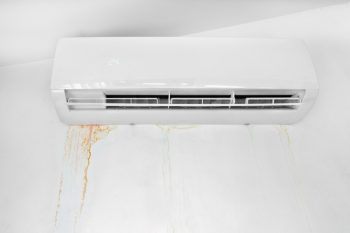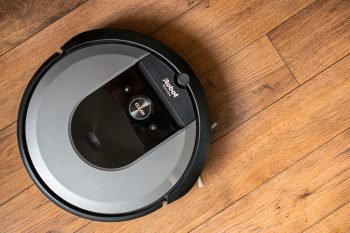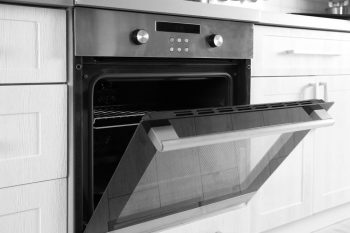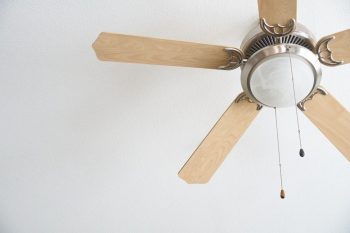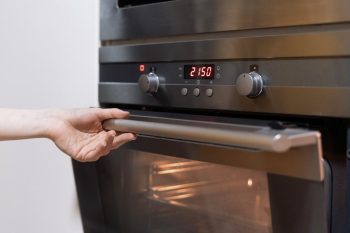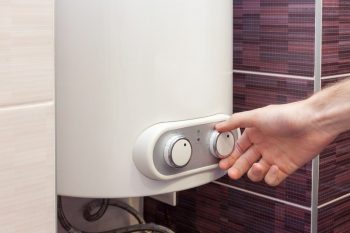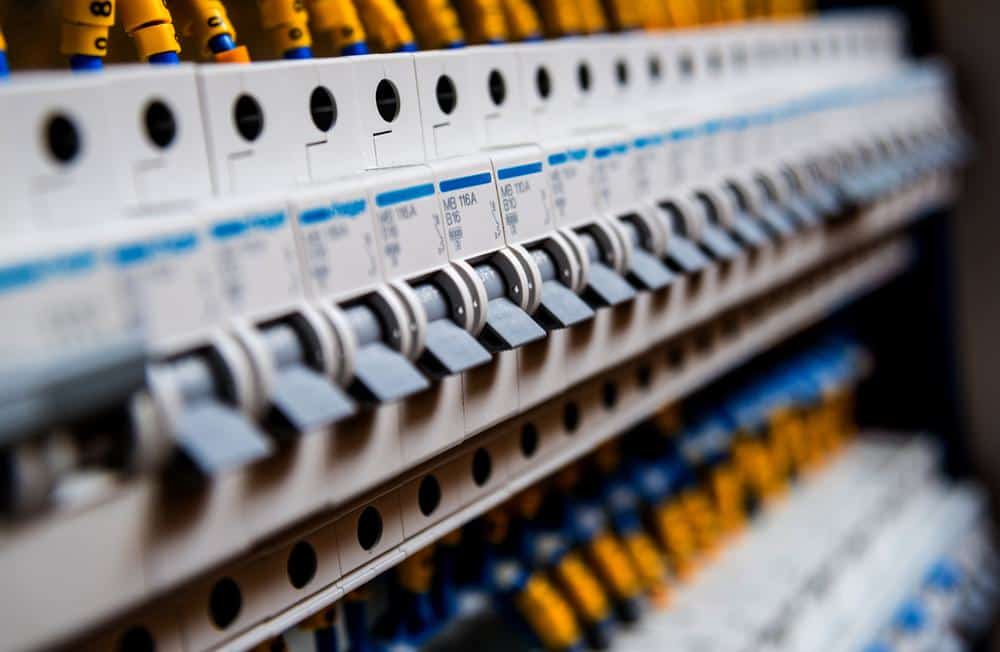
When it comes to the safe operation of your air conditioning system, the role of the circuit breaker cannot be overstated. The circuit breaker is designed to protect both the air conditioner and the electrical system in your home from potential damage caused by excess current draw, overloads, or short circuits. But how do you know what type of circuit breaker is right for your air conditioning system? This comprehensive guide will provide you with all the information you need to make an informed decision.
The type of circuit breaker for an air conditioner largely depends on the specific model of your air conditioning unit. However, most air conditioners require a double-pole circuit breaker rated for 240 volts, with amperage typically between 15 and 20 amps. It’s crucial to check the voltage, amperage, and maximum fuse or circuit breaker size specified in your AC unit’s manual or nameplate to ensure you choose the right breaker. For safety and accuracy, it’s recommended to have a professional electrician handle the installation.
Understanding the Role of a Circuit Breaker in an Air Conditioning System
In most central air-conditioning systems, there are two circuit breakers: one for the interior components, such as the air handler and blower fan, and another for the outdoor condenser unit, including the compressor. The circuit breaker continuously senses the current flow and trips (shuts off) when it detects an electrical overload or a short circuit. This prevents damage to the air conditioner components and protects your home from potential fires caused by overloaded circuits.
Determining the Right Circuit Breaker for Your Air Conditioner
To determine the correct type of circuit breaker needed for a specific air conditioner model, you should consider several factors:
- Voltage rating: Most air conditioner units have a voltage rating of 240 volts. Make sure the circuit breaker is compatible with your air conditioner’s voltage.
- Amperage rating: Check the amperage rating of your A/C unit, which can usually be found on the nameplate or in the owner’s manual. The size of the breaker should be equal to or greater than the current draw of the air conditioner.
- Type of breaker: Most air conditioner units require a double-pole breaker, which is rated for 240 volts. The amperage will vary depending on the unit and it is typically between 15 and 20 amps.
- Wire size: The wire size should be chosen based on the minimum circuit ampacity (MCA) of the unit. This ensures that the wire can handle the current draw of the air conditioner.
- Maximum fuse or circuit breaker size: Check the compressor unit’s label for the maximum fuse or circuit breaker size. This information is essential to prevent nuisance tripping when the air conditioner first turns on.
- Type of MCB: Choose the right type of miniature circuit breaker (MCB) for your air conditioner based on its ratings. Type C MCBs, which trip between 5 and 10 times the full load current, are commonly used in industrial, machines, and air conditioner applications.
The Consequences of Using the Wrong Circuit Breaker
Using the wrong type of circuit breaker for an air conditioner can lead to several potential risks and consequences, including overheating, equipment damage, fire hazards, frequent tripping, reduced efficiency and increased wear, and in some cases, compressor failure.
Recommended Circuit Breaker Brands
When selecting a circuit breaker for your air conditioner, you can consider reliable brands such as ABB Limited, Cutler-Hammer (Eaton), Mitsubishi Electric Power Products, Inc., General Electric, and Alstom.
Can a Non-Professional Install a Circuit Breaker?
While it is possible for a non-professional to install a circuit breaker for an air conditioner, it is highly recommended to seek assistance from a qualified electrician due to the potential risks involved. If you decide to proceed with the installation, there are several safety precautions you should take.
Checking if Your Circuit Breaker is Working Properly
To determine if the circuit breaker for your air conditioning system is working properly, you should locate the circuit breaker panel, identify the AC circuit breaker, check the breaker position, reset the breaker, and test the AC unit. If the breaker trips again immediately or soon after, do not reset it again, as there may be an underlying issue that needs to be addressed by a professional.
And there you have it, a comprehensive guide on what type of circuit breaker you need for your air conditioner. By understanding the role of a circuit breaker, knowing how to choose the right one for your AC unit, and being aware of the potential risks and consequences of using the wrong breaker, you can ensure the efficient operation of your air conditioning system and protect your home from potential electrical hazards.
Frequently Asked Questions
What is the role of a circuit breaker in an air conditioner?
The role of a circuit breaker in an air conditioner is to protect the air conditioner and the home’s electrical system from potential damage caused by excess current draw, overloads, or short circuits. It does this by sensing the current flow and tripping (shutting off) when it detects an electrical overload or a short circuit.
How do I determine the right circuit breaker for my air conditioner?
To determine the correct type of circuit breaker for your air conditioner, you should consider several factors like the voltage rating, amperage rating, type of breaker, wire size, maximum fuse or circuit breaker size, and type of MCB.
What are the consequences of using the wrong circuit breaker for my air conditioner?
Using the wrong type of circuit breaker for your air conditioner can lead to several potential risks and consequences, including overheating, equipment damage, fire hazards, frequent tripping, reduced efficiency, increased wear, and in some cases, compressor failure.
Can a non-professional install a circuit breaker?
While it’s possible for a non-professional to install a circuit breaker for an air conditioner, it’s highly recommended to seek assistance from a qualified electrician due to the potential risks involved.
How can I check if my circuit breaker is working properly?
To check if your circuit breaker is working properly, you should locate the circuit breaker panel, identify the AC circuit breaker, check the breaker position, reset the breaker, and test the AC unit. If the breaker trips again immediately or soon after, do not reset it again, as there may be an underlying issue that needs to be addressed by a professional.



